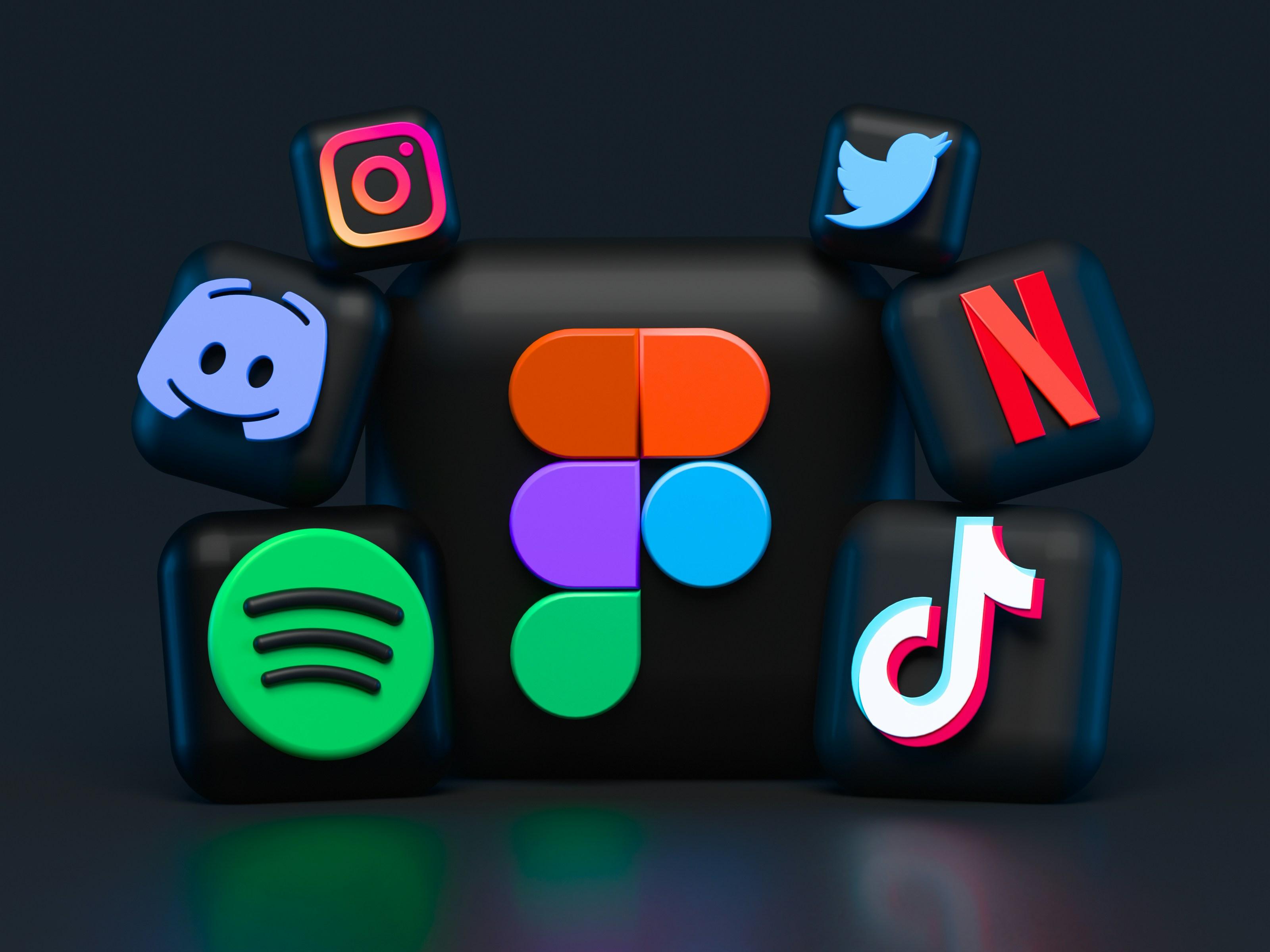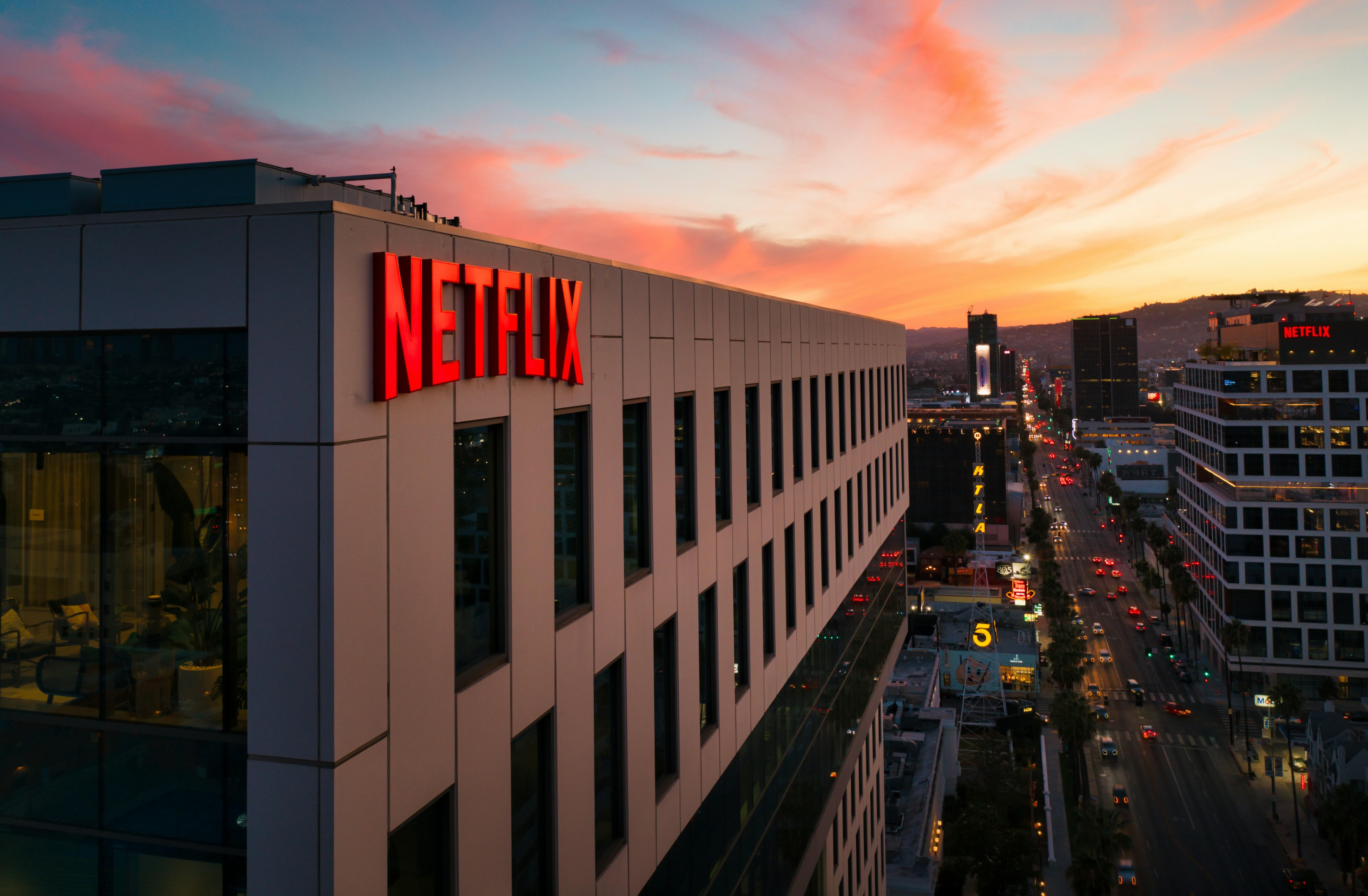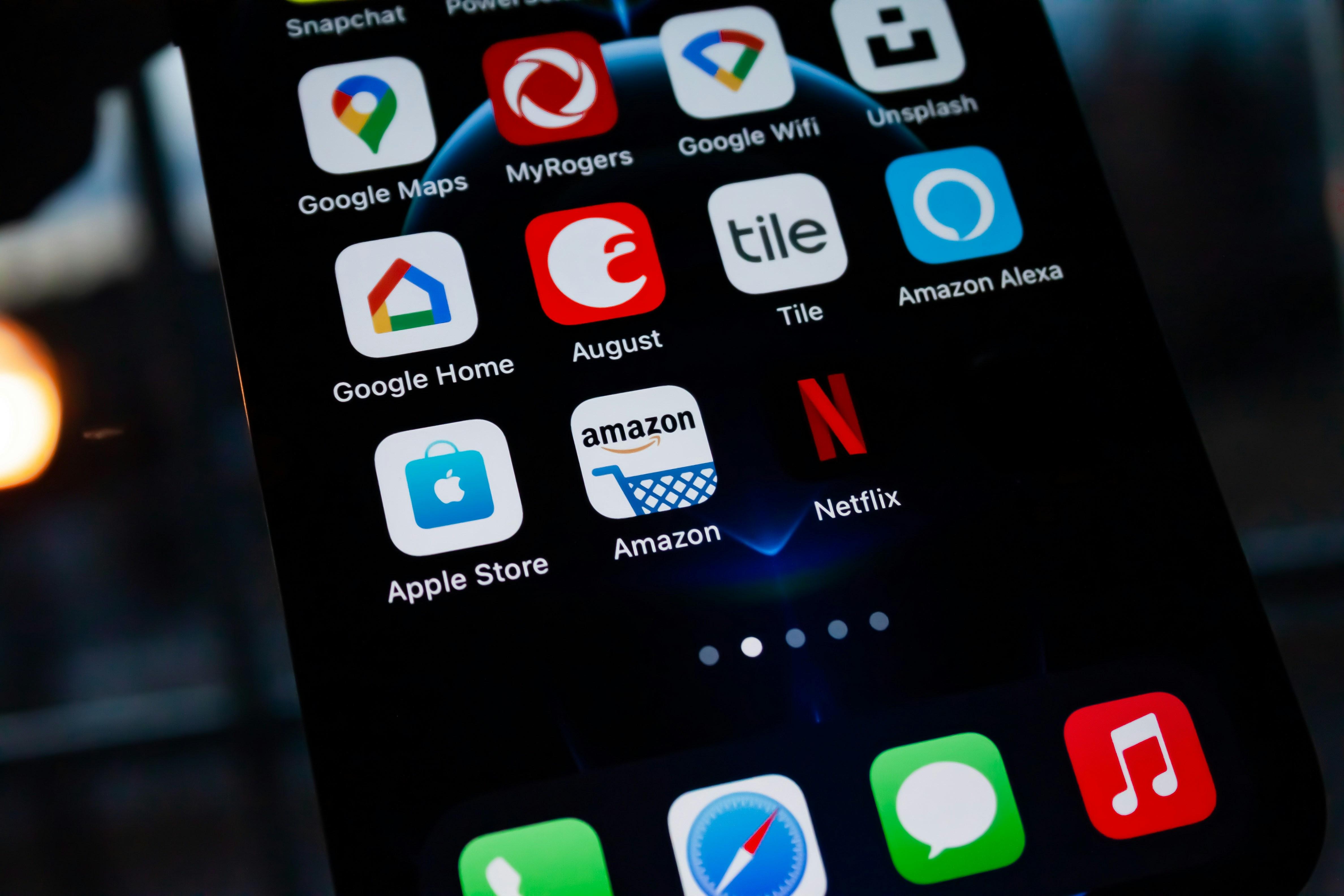In the ever-evolving landscape of digital entertainment, streaming platforms have become the modern battleground for cinematic supremacy. Among the giants vying for viewer attention, Netflix and HBO Max stand out, each boasting a formidable lineup of blockbuster films. As audiences increasingly turn to these platforms for their movie fix, understanding which service offers the most compelling selection of high-profile releases is crucial. This article delves into the catalogs of Netflix and HBO Max, analyzing their respective strengths and weaknesses in delivering blockbuster content. By examining key metrics such as film availability, exclusive releases, and critical reception, we aim to provide a comprehensive comparison to help viewers make an informed choice.
Content Library Comparison and Analysis
When evaluating the blockbuster offerings of Netflix and HBO Max, a few key differences emerge. Netflix is renowned for its extensive library, boasting a vast array of original productions and licensed content. Blockbusters like “Red Notice” and “The Irishman” showcase its investment in high-profile films. Additionally, Netflix’s strategy includes frequent updates to its catalog, ensuring a steady stream of new releases.
In contrast, HBO Max leans heavily on its prestigious partnerships and long-standing franchises. With access to Warner Bros. titles, it offers iconic blockbusters such as “The Matrix” series and “Wonder Woman 1984.” HBO Max also benefits from simultaneous theatrical releases, a strategy that brought movies like “Dune“ directly to the platform. The service’s emphasis on quality over quantity is evident, providing a curated selection of critically acclaimed films.
- Netflix: Frequent updates, extensive original content, diverse range.
- HBO Max: Prestigious partnerships, simultaneous releases, curated selection.

Exclusive Releases and Original Productions
When it comes to exclusive releases and original productions, both Netflix and HBO Max offer an impressive array of content, yet their strategies and strengths differ. Netflix, with its global reach, consistently delivers a wide variety of original films and series, catering to diverse tastes. From critically acclaimed hits like Stranger Things and The Crown to blockbuster movies such as Red Notice, Netflix ensures there’s something for everyone.
On the other hand, HBO Max leans into its legacy of high-quality storytelling and cinematic experiences. With exclusive access to Warner Bros. films and renowned series like Game of Thrones and Euphoria, it offers a collection that appeals to those seeking depth and artistry. HBO Max’s strategic releases of blockbuster films, often simultaneous with theatrical releases, have further solidified its reputation as a powerhouse in original content.
- Netflix: Diverse genres, global appeal, continuous new releases.
- HBO Max: Cinematic quality, exclusive film releases, artistic depth.

User Experience and Accessibility
When it comes to user experience, both Netflix and HBO Max offer sleek interfaces, but they cater to different preferences. Netflix is renowned for its intuitive navigation and personalized recommendations, making it easy for users to discover new content. The homepage dynamically adjusts based on viewing habits, ensuring a tailored experience. HBO Max, on the other hand, emphasizes curated collections and editorial picks, which can appeal to those who appreciate a more guided exploration of available titles.
Accessibility features are crucial for inclusivity, and both platforms offer a range of options. Netflix provides:
- Audio descriptions for visually impaired users
- Subtitles and closed captions in multiple languages
- Customizable subtitle appearance for better readability
HBO Max also supports:
- Comprehensive audio descriptions
- Subtitles in various languages
- Adjustable subtitle settings for personalized viewing
While both platforms are committed to accessibility, Netflix’s extensive language options and customization settings slightly edge out in offering a more adaptable experience for a global audience.




